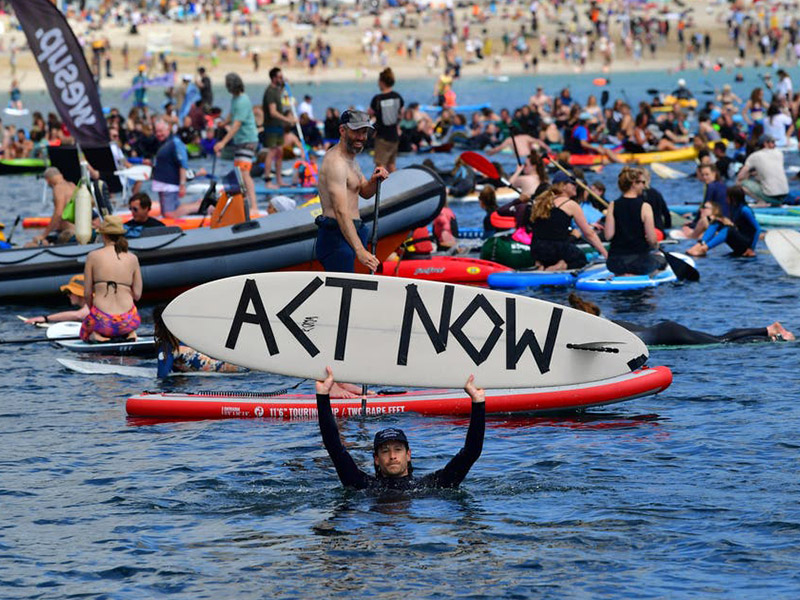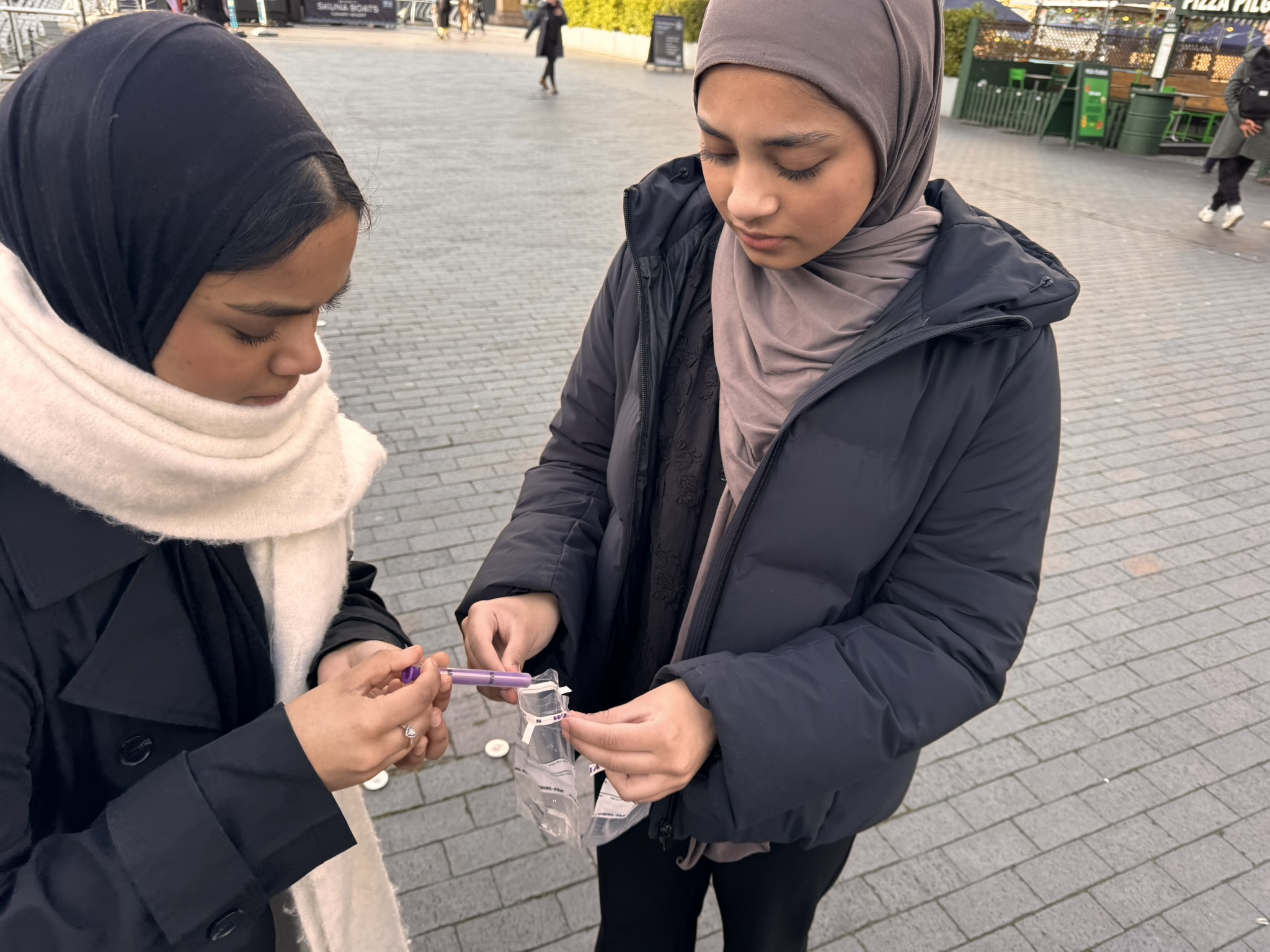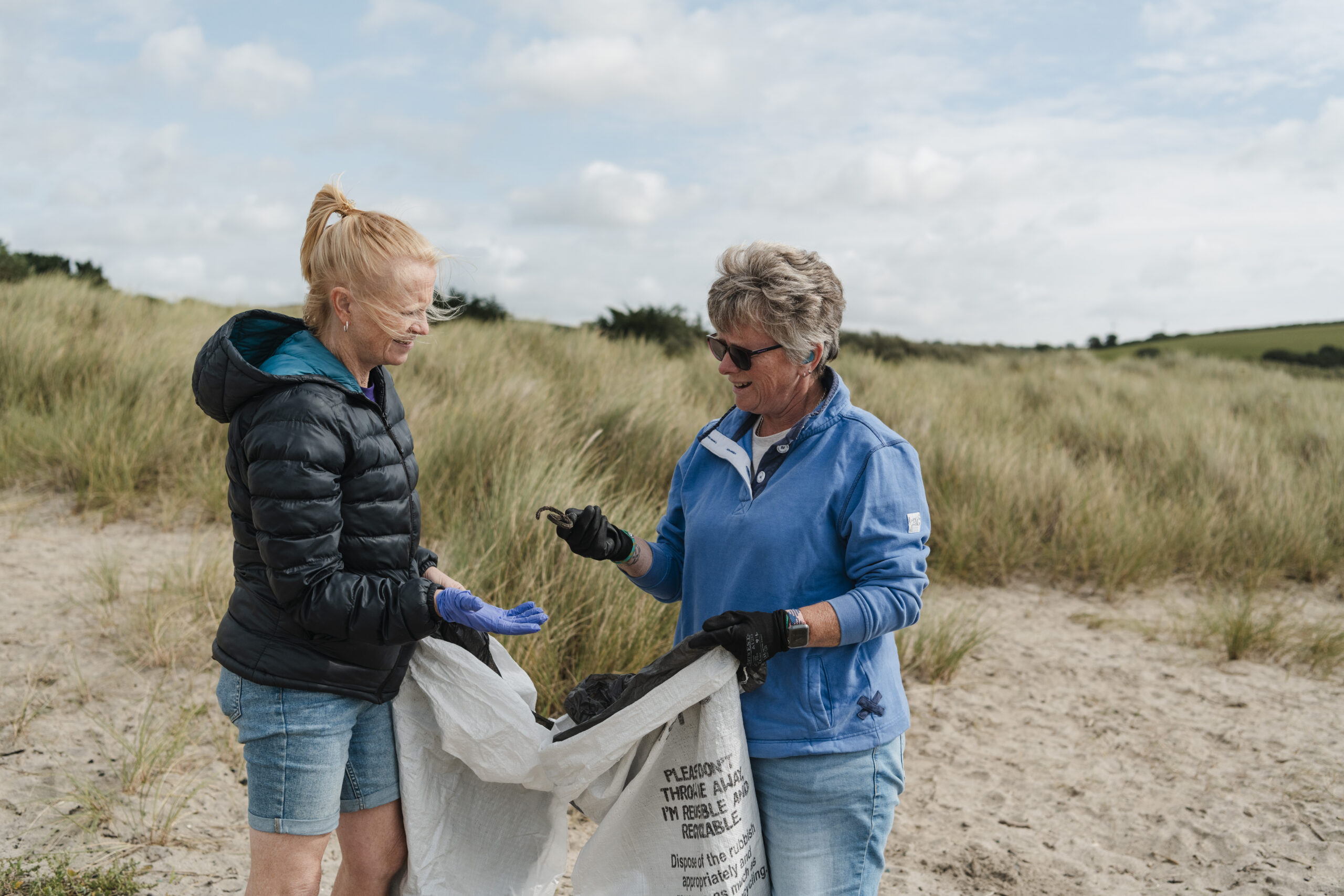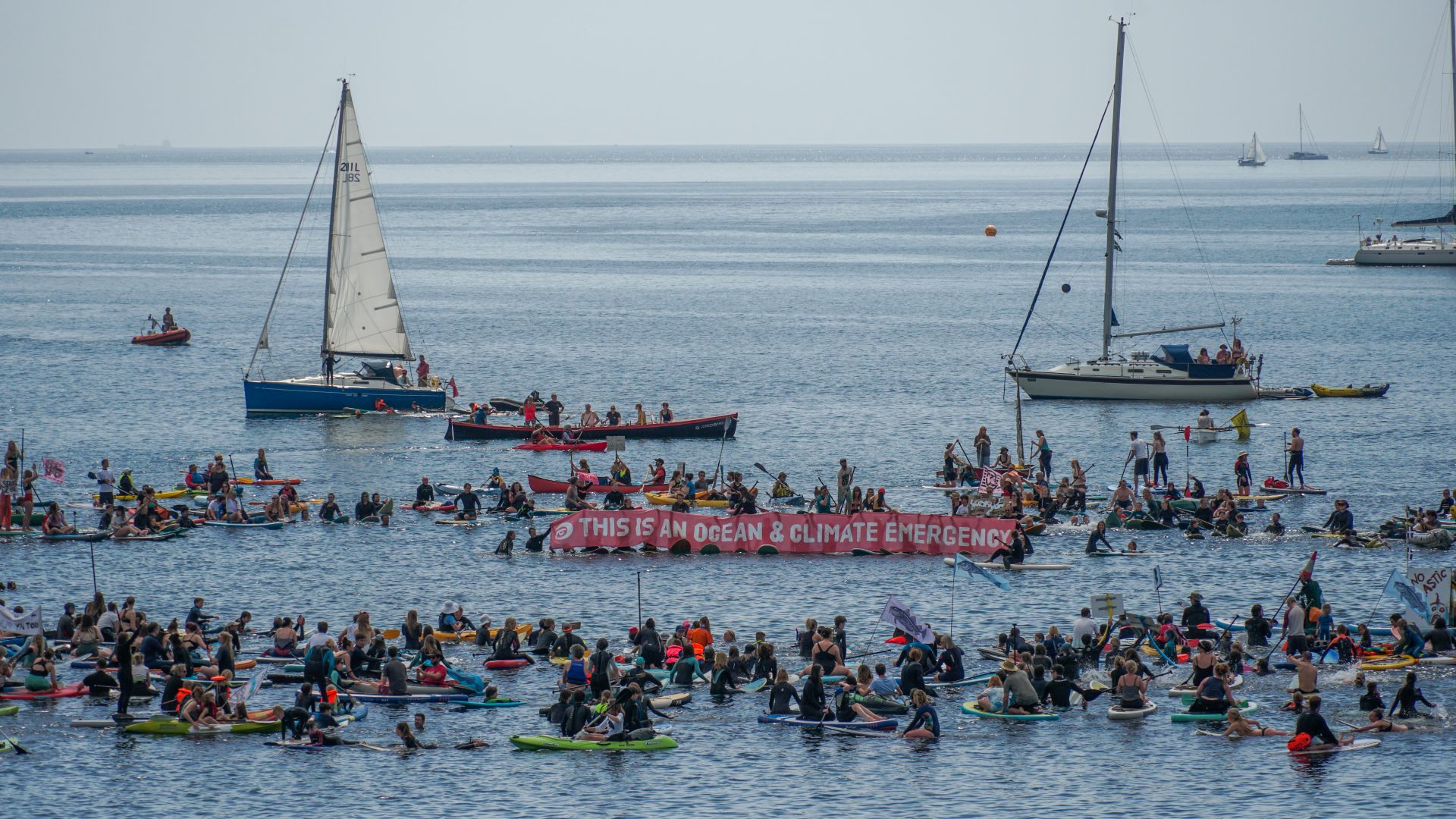
Water Sports & Ocean Conservation: Is There a Crossover?
If you know our story, you know it’s rooted in surfing. We began as a group of surfers who were sick of paddling out into polluted waves. Thirty-five years later, we’ve grown into a movement that campaigns not only for cleaner water, but against plastic pollution and for the protection of all our blue spaces.
Surfing has always been at our heart, but we’ve been joined by swimmers, paddleboarders, kayakers, wild dippers, and people who simply believe our oceans, rivers, and lakes should be safe, healthy, and thriving.
We’ve long believed that there’s a connection between being in the water and caring for it -that water users are more likely to become water protectors. But what does that really look like? Who’s taking part in these sports? Are they becoming advocates, activists and conservationists? And crucially – who’s missing from the picture, and why?
To find out, we teamed up with Dr. Rebecca Olive and research fellow Bess Schnioffsky from RMIT University to dig into the data. Here’s what we learned.
1. Water sports can spark ocean conservation, but they’re not equally accessible
We know that around 10 million people took part in water sports last year in the UK, and those who spend time in nature often feel a deeper connection to it – a connection that can lead to conservation action. However, there’s no guarantee that a surfer becomes an ocean activist. And participation isn’t equal.
Financial, geographical, and cultural barriers mean that women, people of colour, those with low incomes, people living with disabilities, urban residents, and LGBTQ+ communities often face greater challenges in joining both ocean sports and conservation efforts.
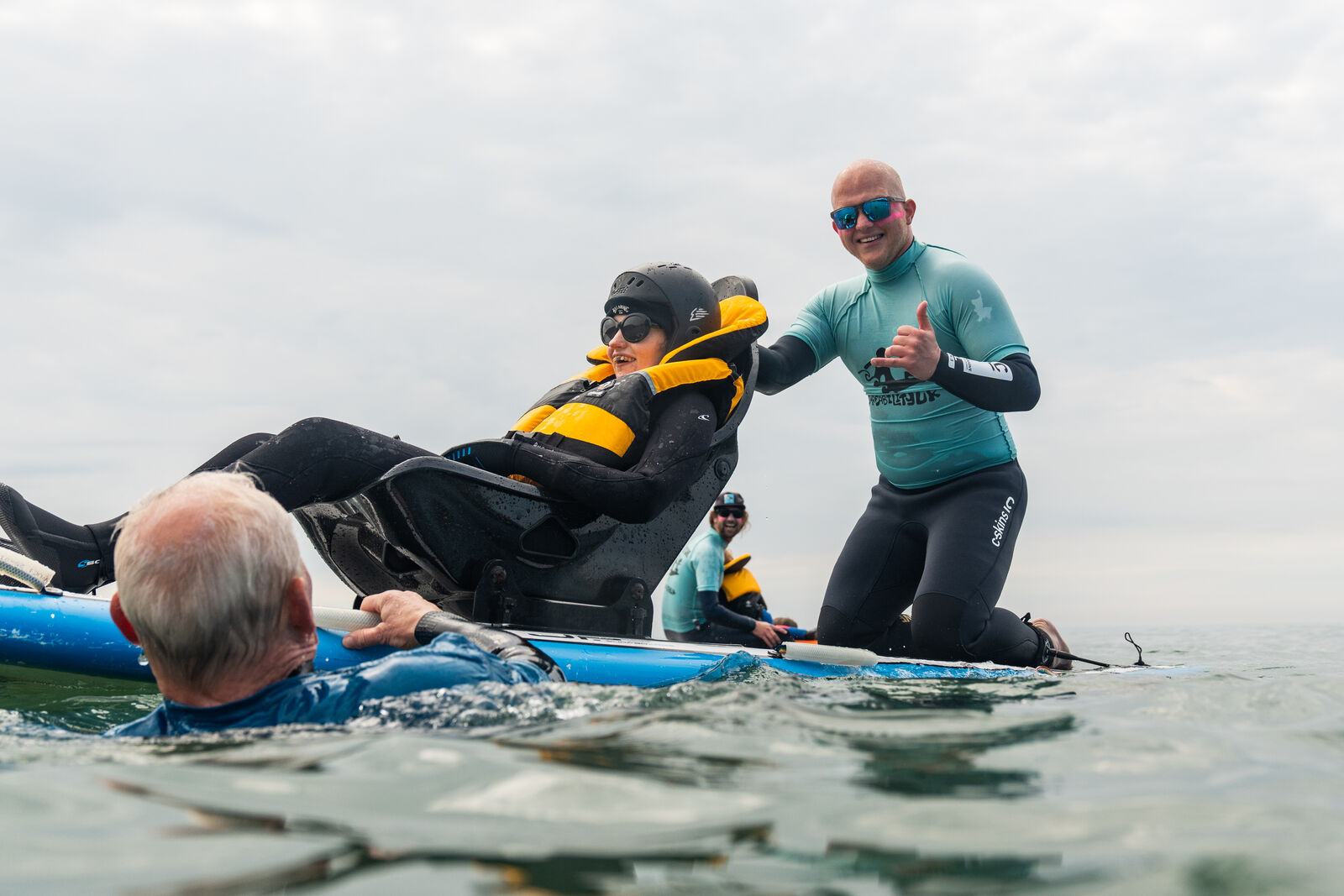
2. We must remove barriers and open the door to everyone
The research calls for addressing localised and contextual barriers – things like providing accessible event locations, affordable or subsidised costs, and ‘dry’ options for less confident water users. Not everyone feels comfortable being labelled an ‘activist’, so offering alternative forms of participation is key. This is something Surfers Against Sewage are planning to develop, particularly at events like our Paddle-Out Protests.
3. Representation matters
People need to see themselves reflected in the movement. That means featuring diverse communities in promotional materials, online, and in leadership. For us, that includes building an authentic and inclusive image bank, diversifying our board and team, and making sure stories and spokespeople reflect the communities we serve.
4. Connect with communities beyond the coast
While our roots are coastal, the research highlights the importance of engaging people inland – those who connect to water quality issues via river pollution, stormwater runoff, or other inland waterways. Protecting wild waters is for everyone, whether you live by the sea or miles from it.
5. Keep it local, fun, and hopeful
People are inspired by achievable, local impacts. That means breaking down big systemic goals into near-term wins – and making the journey fun. Hope and agency are essential to avoiding burnout, so we’ll continue to run campaigns that energise and celebrate our community while pushing for realistic change.
6. Build community – human and beyond
Effective conservation is about connection. That means strengthening bonds between people and also between people and the wildlife they love. We’ll continue creating spaces – from events to peer-to-peer learning – that keep communities connected long after the campaign ends.
What’s next for SAS?
This report will help shape our long-term strategy to engage wider and more diverse communities while staying true to the ocean culture that started it all.
As part of this effort, SAS staff and community members will gather and share data on water sports and ocean conservation, enabling a more informed, evidence-based approach to guiding these sectors in the future.
By opening the doors wider and making space for more voices, we can grow a movement that’s as diverse and dynamic as the waters we protect.
We’d love to hear your thoughts on the findings. Drop a line to our Equity, Diversity & Inclusion Manager at yvette@sas.org.uk.

